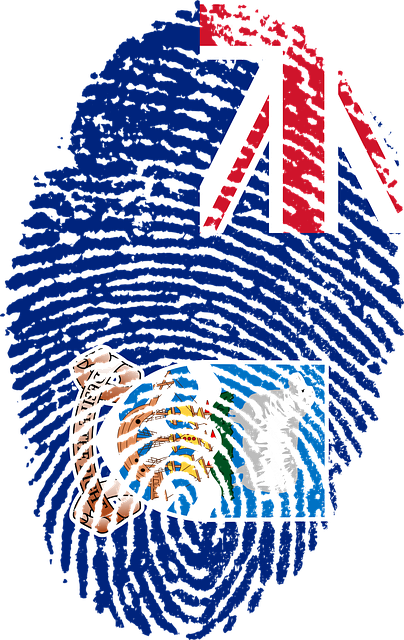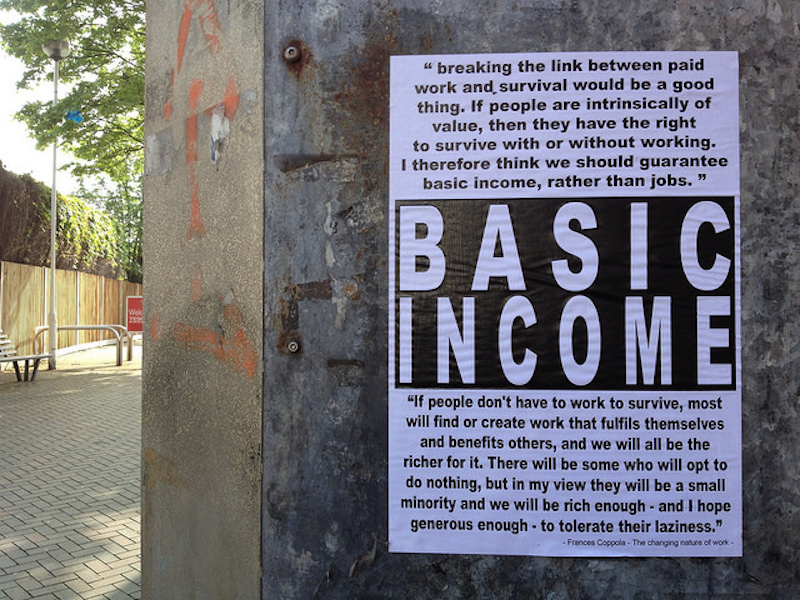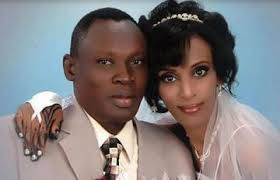Since 2020, there have been seven coups in six French-speaking West African countries. Many of them have involved conflicts between military groups or established governments supported by France, and by extension the West and NATO, and rebel groups or juntas supported by Russia. France’s role as the main patron of established power in these countries is well known, and primarily exists because of economic and cultural ties, while Russia appears to be driven by both economic aims and an ambition to regain “national honor”.
Six former French colonies in central West Africa (the Sahel region) have experienced a total of seven coups since 2020, earning their region the nickname the “coup belt.” There are three constructs normally used to categorize types of coups and their likely ramifications. Veto coups refer to the army overthrowing a government whose policies it cannot accept. Guardian coups refer to the army overthrowing a civilian government it deems incompetent, then retreating once army leaders consider competence restored. Finally, Breakthrough coups refer to a coup designed to fundamentally change the country’s political system. The type of coup determines the particular characteristics of the regime it produces and, by extension, the coup’s implications for foreign strategic interests.
Of the seven aforementioned coups, two shared characteristics of both Breakthrough and Guardian coups (Niger and Mali), three were clearly Guardian (Chad and the two in Burkina Faso), and two were clearly Breakthrough (Guinea and Gabon). Given that Breakthrough coups are more likely to damage or threaten established interests, and France maintained significant interests in all these countries since their independence, the French were most active in opposing the Breakthrough coups and supporting the Guardian ones. This was demonstrated by France’s tacit opposition to the coup in Niger and active opposition to the coup in Mali. ECOWAS (the West African multilateral union) has also supported the French role in these coups, both actively and tacitly. The Russian Wagner Group (Russian mercenaries) have been active in financially and militarily supporting the coups against governments supported by France, as well as supporting the anti-government rebels in Chad.
Where Western interests are threatened to the point that a military response is required, France has always been the Western power most willing to act to defend them within the African “coup belt.” As the pre-eminent former colonial power in the region, it has continued to maintain close economic and military ties following the Francophone West African countries’ independence in 1960. France has often acted as a proxy for NATO and Western interests there in the past. France’s role leading NATO and Western interests in the region has made it the country most often responsible for facilitating Western military presence, a positive environment for Western multinational companies, and supporting governments that are friendly to Western economic and military interests.
Since 1960, there have been two currencies for these newly independent countries, which are managed in Paris, with the West African Franc being the main one. This gave the Banque de France unilateral power to either accumulate West African Franc reserves or sell West African Francs, either increasing or devaluing it. All of these African countries are major exporters of essential raw materials like cobalt to Europe and North America. France has therefore used its power over the African currency to maintain favorable price levels for these commodities.
The French have used prolonged military engagements in the relevant West African countries to support, or enforce these economic ties. Since the 1960s, France has deployed active soldiers 60 times to either effect or prevent regime changes there. Since 1990, France has maintained 22 active military bases in Africa. While initially prepared to act unilaterally, France’s 2013 intervention in Mali marked a turning point in its approach, with France increasingly seeking international support and positioning itself as the agent to more broadly carry out the wishes of NATO and the West.
Clearly, France, and by extension the West, have significant economic and strategic motivations for preserving amicable relations with governing entities in West Africa. Similarly, the Russian government, acting through the Wagner mercenary group, has strong economic incentives for its interventions. Like the West, it too seeks to ensure Russian access to the cheap raw materials produced in these countries. However, Russia is also motivated by more than economic imperatives. By establishing itself as a presence in Africa’s Sahel region, Russia asserts itself as something more than a declining regional power, regaining geopolitical status and “national honor.”.
The extensive dissatisfaction with current national regimes and governance among the populations of these countries in West Africa has provided Russia with an opportunity to exploit. Russia and Wagner are trying to take advantage of this situation by providing military support, financial aid, and diplomatic backing for most of the Breakthrough coup regimes and rebels. Russia supplies 39% of all arms that African entities receive, 75% of which go to Algeria, a country it has been closely aligned with since the 1960s. The Wagner Group has provided combat training to the post-coup government of Mali, rebel groups in Burkina Faso, and to the Central African Republic (CAR). The Wagner Group perpetrated a massacre of 400 civilian protestors in Mali and now effectively controls the CAR. These facts demonstrate that Russia is both active in supporting its allies in Africa and has effectively achieved control of some of the apparatuses of governance that it has desired. When analyzing the strategic interests of NATO and the threat Russia poses to them, one must remember Russia has no historical, economic or cultural ties in the region comparable to those of France.
The central question for Western nations is whether economic interests and the larger geopolitical objective of countering the influence of Russia and China warrant military support for their allies in the “coup belt.” A separate but related issue is whether building soft power ties with civil society entities is both an easier and more effective way of achieving the same goal. Since his election in 2017, Emmanuel Macron has shifted from a hard to a soft power approach. This has involved increased French funding for civil society organizations, NGOs, and businesses led by young Africans, instead of directly supporting the recipient countries’ governments. In spite of these efforts, the Malian junta insisted French soldiers abandon Mali in 2023. As well, French tacit support for the governments of Niger, Guinea, and Gabon was both widely rejected among their populations and contributed to popular desire for the regime’s overthrow. Therefore, one may reasonably conclude French or NATO soft power alone will not be enough to maintain European influence in this region of Africa.
The frequency of coups, the role of Russian proxies, and the failures of French soft power approaches suggest that maintaining French and Western influence in West Africa will require some form of active military intervention. However, France’s retreats from Mali and Gabon and refusal to act in Niger indicate it would be unlikely to take such action, at least unilaterally.
There will likely be two strategic questions that will determine if NATO, or some of its leading member states acting independently, would consider this a worthwhile military effort. The first question is, how necessary will cheap imports of minerals like cobalt be for Western countries’ shared economic growth? The second is, if the aim is trying to contain the influence of Russia and China globally, is it strategically better to actively push back against them in Africa, or allow them to integrate themselves into economies that are authoritarian and endemically dysfunctional, and unlikely to produce any beneficial return for major powers that turn them into client states? Undoubtedly, the degree of Western involvement in the “coup belt” and future policy responses to it will be largely determined by Western powers’ strategic interest calculations about that region.
Photo: “A Ugandan soldier of 341 battalion serving with the African Union Mission in Somalia holds a rocket propelled grenade at sunrise 30 April, 2012.” (Published August 9, 2023). By Stuart Price/UN Photo, via Flickr. Original public domain image from Flickr.
Disclaimer: Any views expressed in this article are solely those of the author and do not necessarily represent the views of the NATO Association of Canada.





